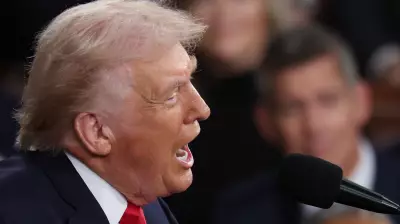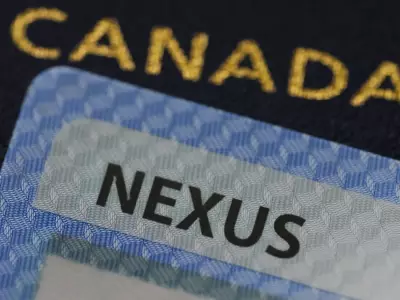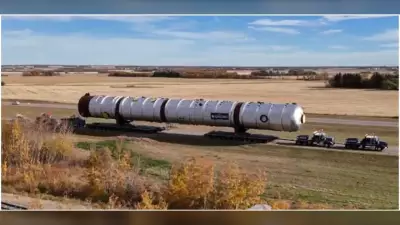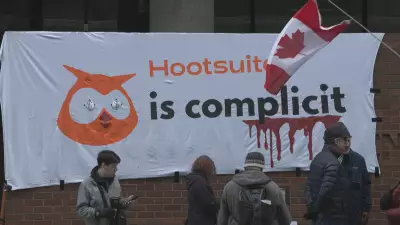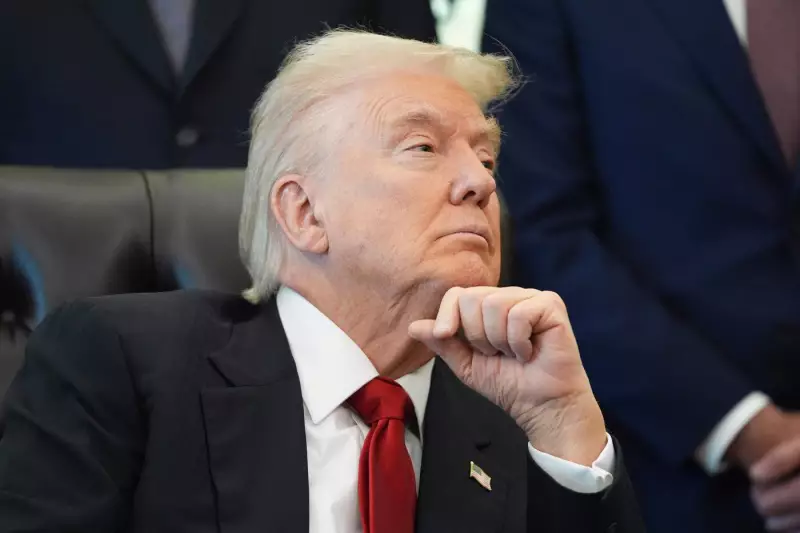
Former President Donald Trump's ambitious tariff agenda could face a significant legal hurdle, but legal experts suggest he has several paths forward even if the Supreme Court restricts his emergency powers.
The Constitutional Showdown Over Tariff Authority
A potential Supreme Court battle looms over the extent of presidential power to impose tariffs under national emergency declarations. At stake is Trump's proposed 10% universal baseline tariff on all imports and potential 60% tariffs on Chinese goods.
Legal scholars point to Section 232 of the Trade Expansion Act of 1962 as the primary battleground. This Cold War-era legislation grants presidents broad authority to impose tariffs for national security reasons, but its constitutional limits remain largely untested at the highest judicial level.
Trump's Potential End-Runs Around Court Restrictions
According to trade law specialists, the Trump administration could pursue multiple strategies if the Supreme Court blocks emergency tariff declarations:
- Legislative Action: Working with a potentially Republican-controlled Congress to pass new tariff authority legislation
- Existing Statutes: Utilizing other trade laws beyond Section 232 that provide presidential tariff authority
- International Pressure: Leveraging trade agreements and international relations to achieve similar economic outcomes
- Regulatory Approaches: Implementing equivalent measures through different executive powers
The Economic and Political Implications
The outcome of this potential legal battle carries enormous consequences for global trade relationships and the U.S. economy. Trump's tariff proposals represent one of the most significant shifts in American trade policy in decades.
Business leaders and trading partners are closely watching developments, as the uncertainty creates planning challenges for multinational corporations and could impact consumer prices across numerous sectors.
Historical Context and Legal Precedent
Presidents from both parties have utilized Section 232 authority for decades, though typically for targeted products rather than broad-based tariffs. The potential Supreme Court case would represent the most significant test of this authority in modern history.
Legal experts note that while Congress has delegated significant trade powers to the executive branch, the constitutional separation of powers doctrine requires clear boundaries on such delegations.
The coming months may determine whether Trump's aggressive tariff agenda can withstand judicial scrutiny, setting important precedents for future presidential trade actions regardless of which party controls the White House.


